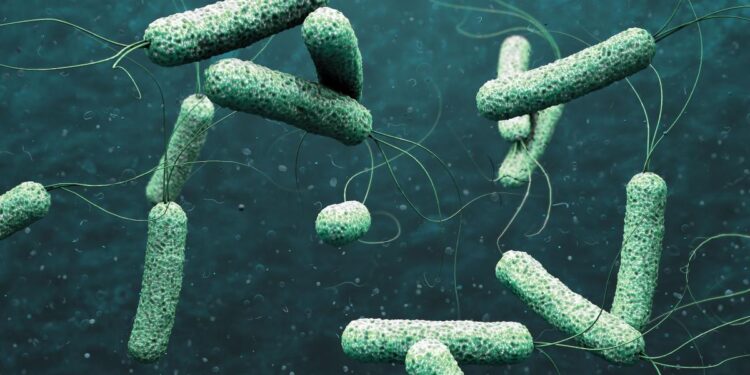As Ghana grapples with the threat of cholera, health experts are urging the public to take proactive measures to prevent the disease. Jemimah Amoako, Senior Health Promotion Officer at Tema Urban Hospital, has advised the public to consume warm, nourishing meals regularly as a key defence against cholera.
Speaking on Plan B FM’s social and lifestyle programme, ‘Nyansapɔ Fie,’ with hostess Nana Asabea, Ms Amoako emphasised the importance of thoroughly washing fruits and vegetables with clean water before consumption to avoid contracting the cholera bacteria.
“Coming into contact with the body of a person who died from cholera can also lead to infection, as can consuming contaminated water,” she warned.
Ms Amoako noted that the Vibrio cholerae bacteria thrive in cold foods, such as iced kenkey and ice cream. She cautioned consumers to be mindful of the water used in preparing these foods and to ensure that foods are warm and water from unknown sources is boiled before consumption.
The health expert also urged food vendors to cover their foods and bowls, practise personal hygiene, and wash their hands under running water with soap, as observed during the COVID-19 pandemic, both at schools and public places.
Betty Maame Ackon, Public Health Nurse at Tema Urban Hospital, added that cholera is no longer a seasonal disease, attributing outbreaks to poor drainage and sewage systems that can contaminate pipe-borne water. Therefore, practising personal hygiene is crucial.
“Symptoms occur within 12 to 48 hours and can lead to fatalities if left untreated,” she cautioned. “Diarrhoea is not a weight management system; anyone experiencing symptoms should seek immediate medical attention or use a first-aid home remedy before visiting a health facility.”
Ms Ackon recommended treating cholera with warm rice water, coconut juice, or Oral Rehydration Solution (ORS). For a homemade remedy, she suggested:
– 2 sachets of water
– 6 teaspoonfuls of unheaped sugar
– 0.5 teaspoon of salt
This solution should be administered to the patient, followed by proper medical treatment at a hospital.
By taking these simple precautions, Ghanaians can reduce their risk of contracting cholera and stay safe.










Discussion about this post